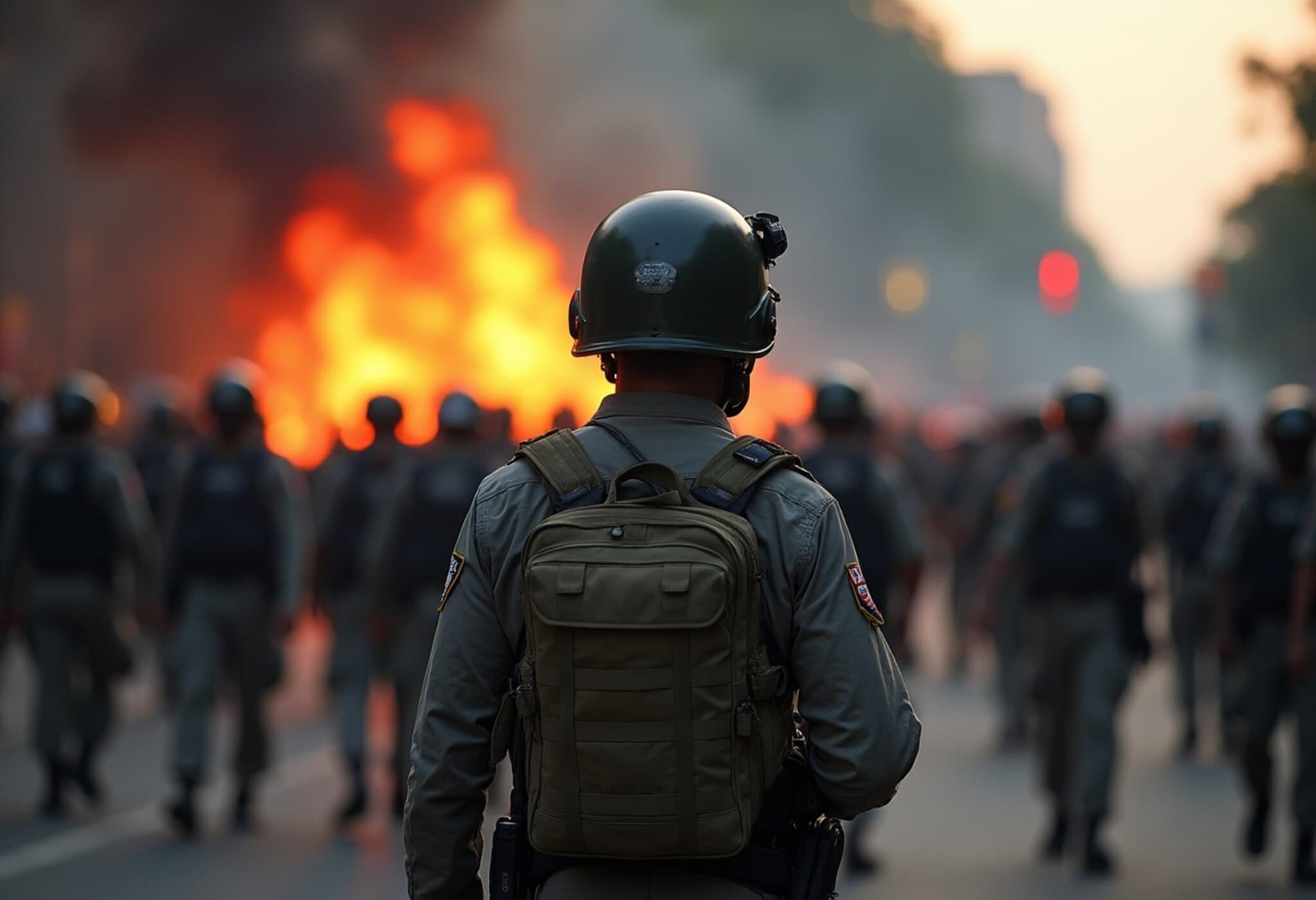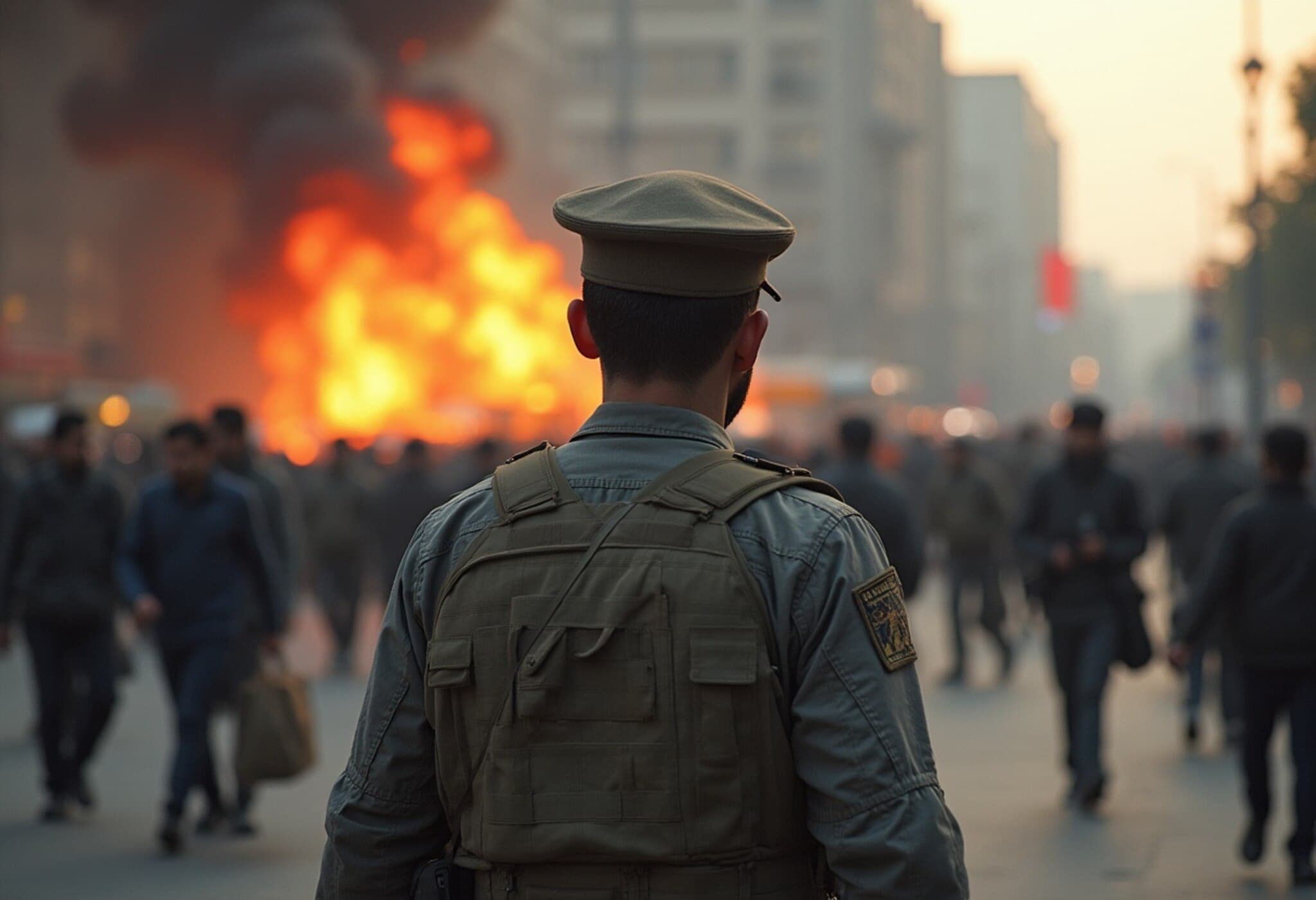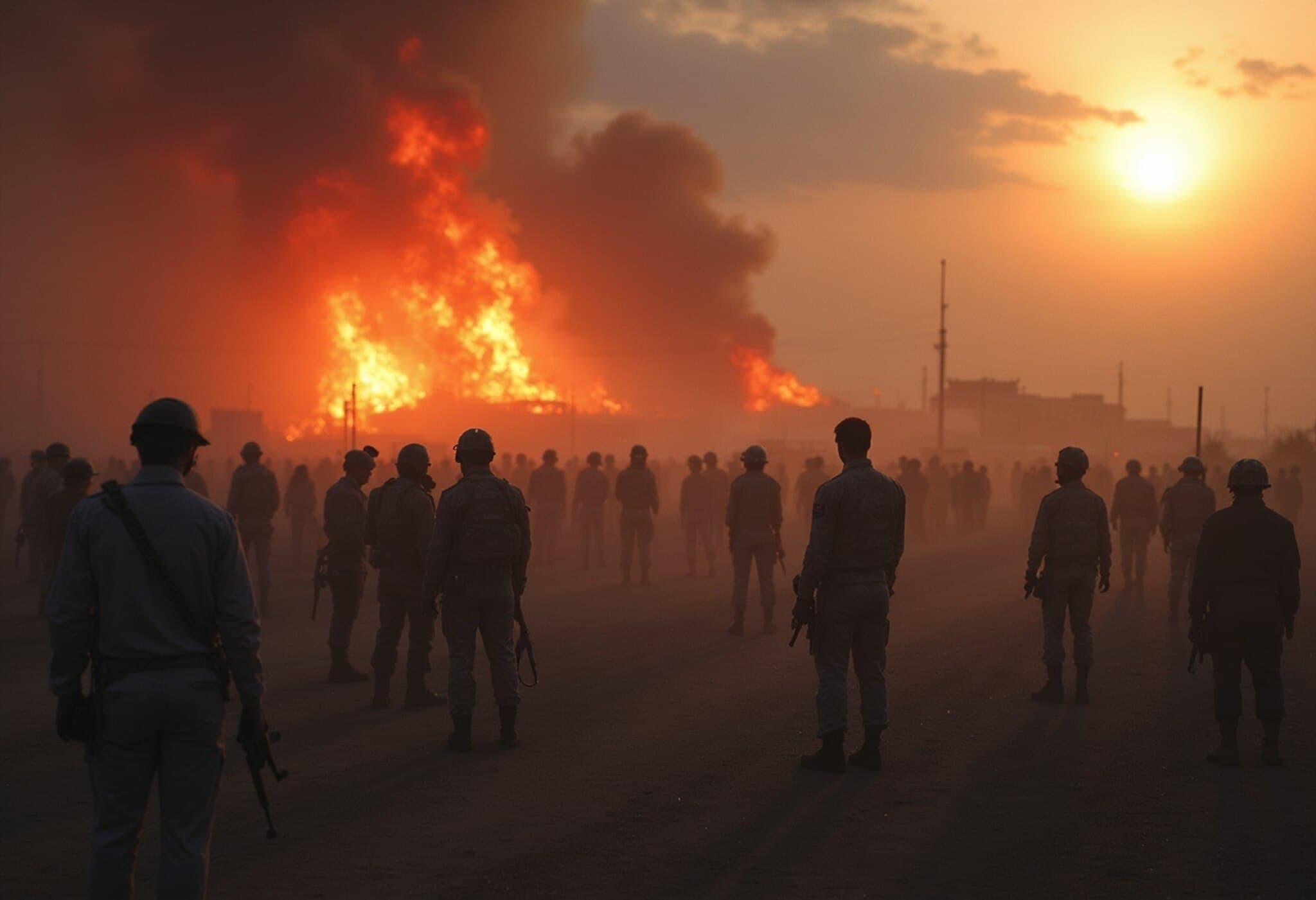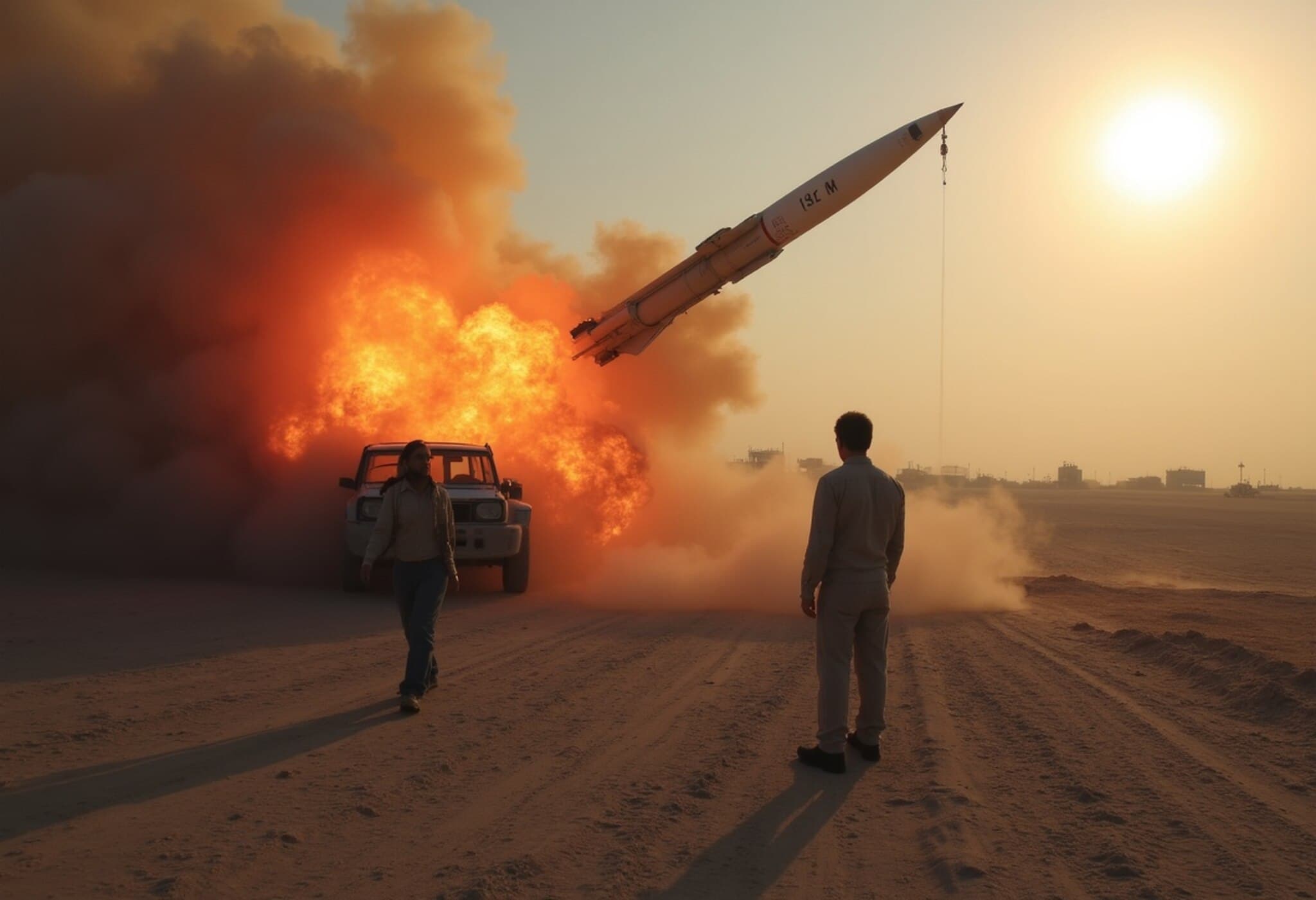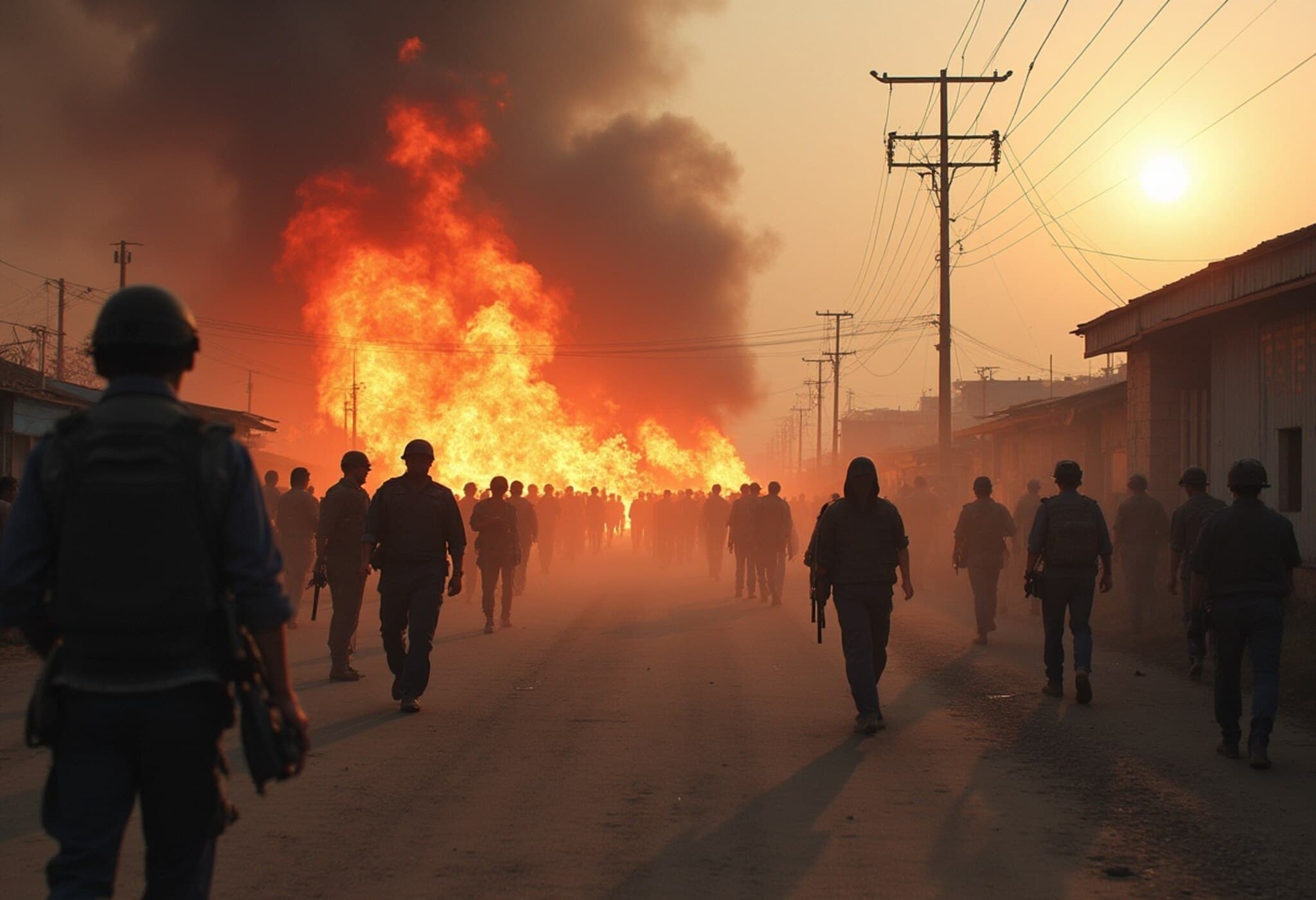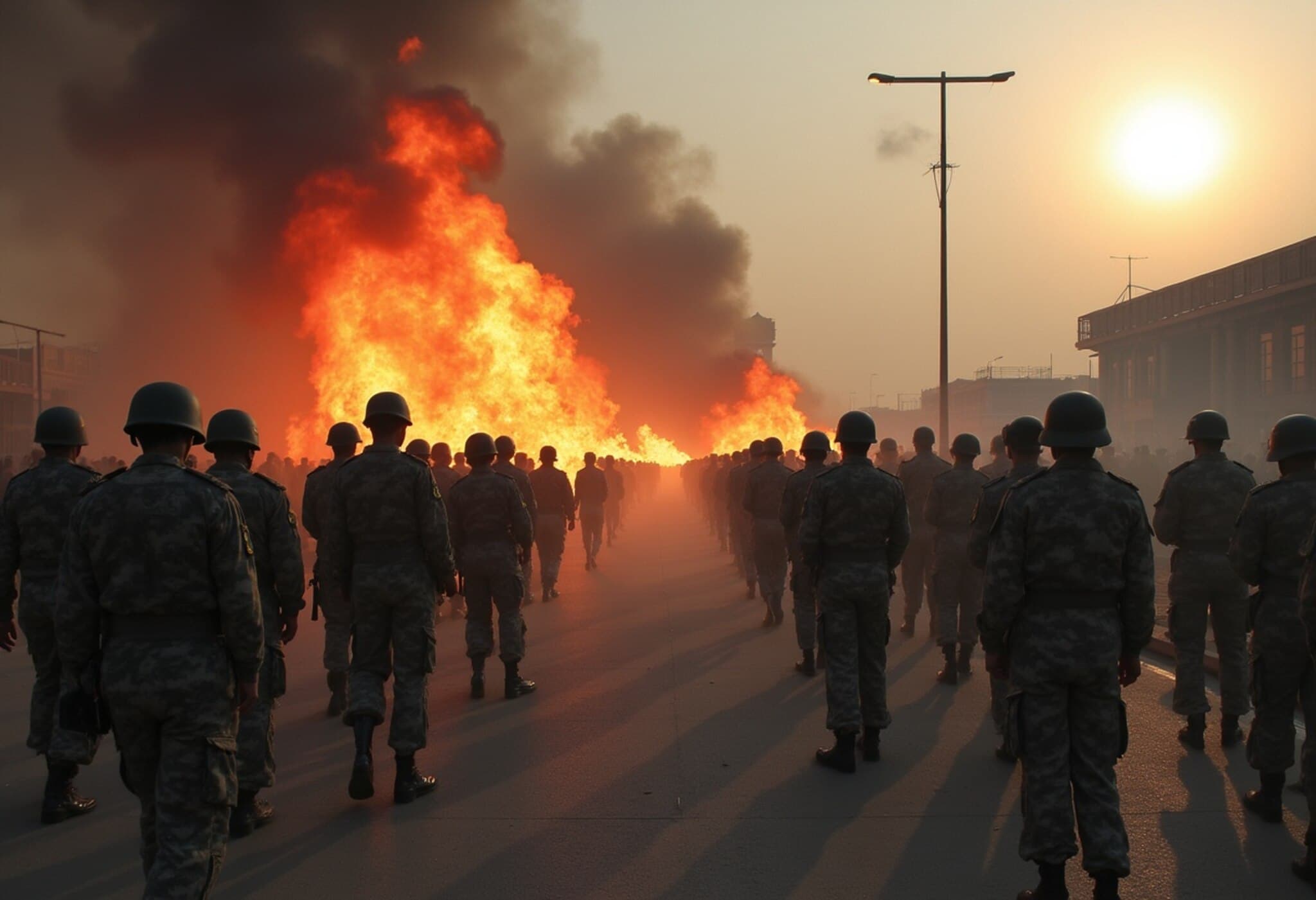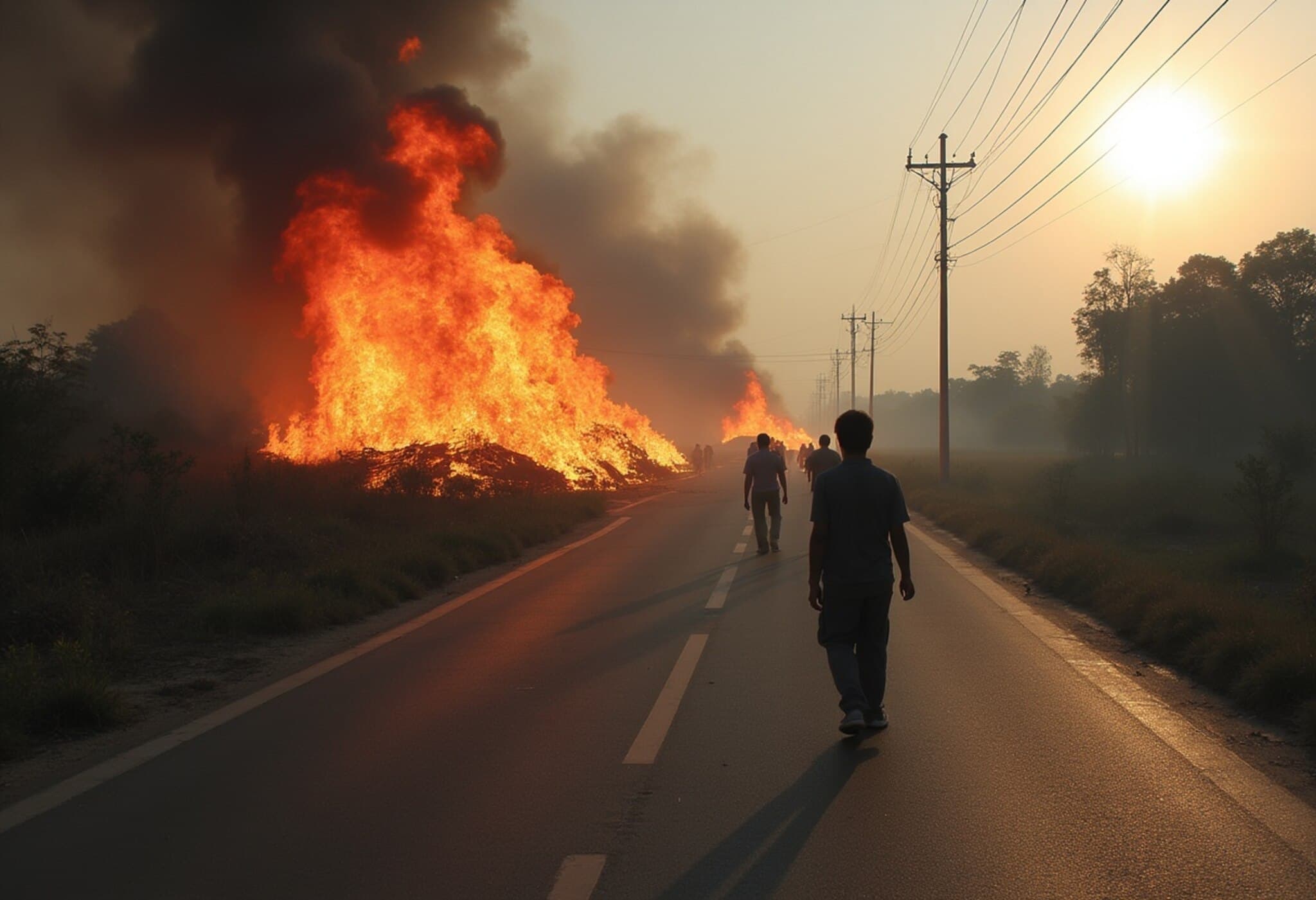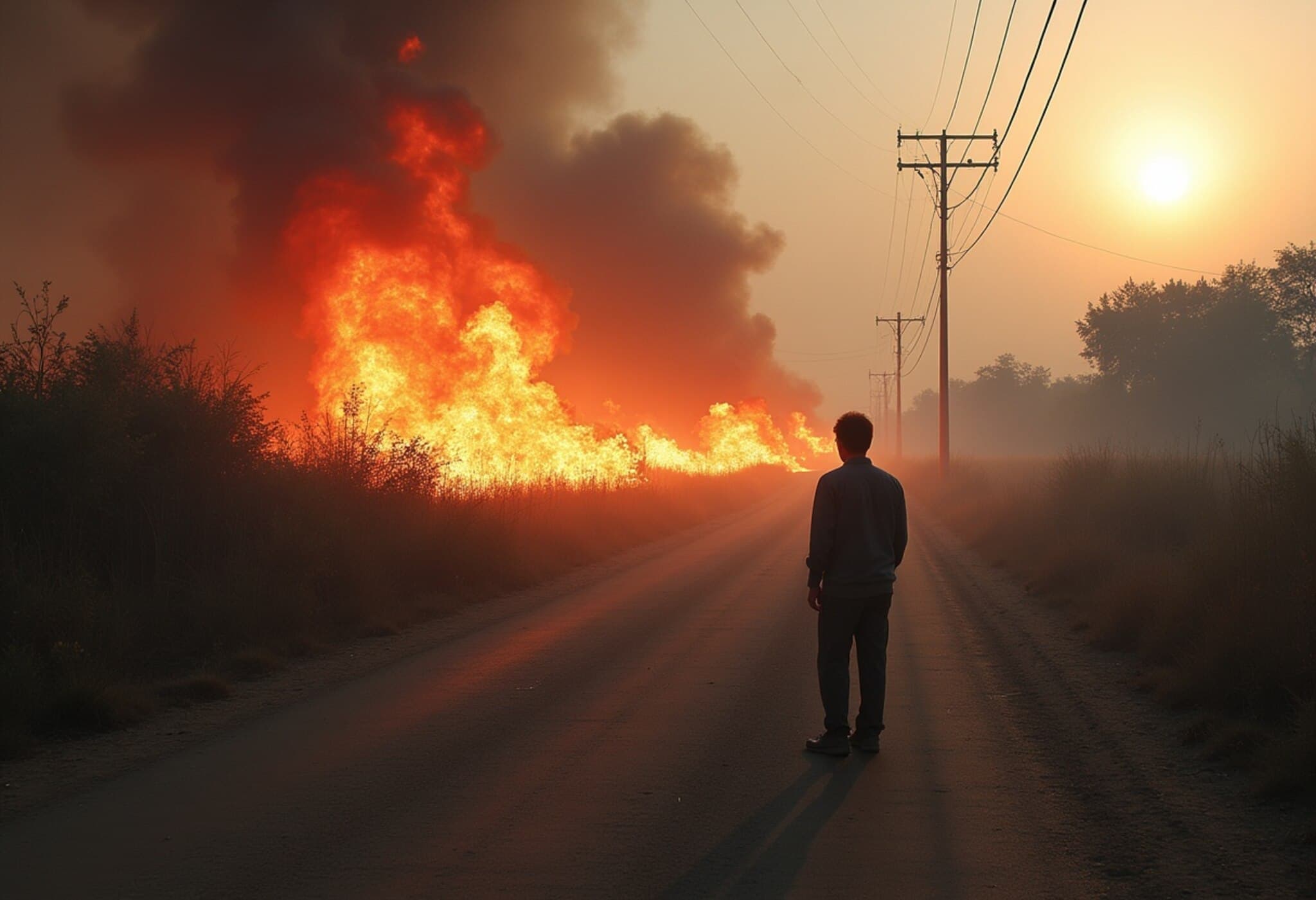Indian Embassy Issues Travel Advisory Amid Thailand-Cambodia Border Conflict
As violent clashes between Thailand and Cambodia continue to escalate, the Indian Embassy in Thailand has issued a precautionary advisory to its nationals currently residing or traveling in the region. The unrest, now entering its second day, has resulted in at least 11 fatalities and numerous injuries, raising serious concerns over civilian safety and regional stability.
Details of the Conflict and Official Responses
The ongoing skirmish is centered around disputed border territories between Thailand and Cambodia. Cambodian Prime Minister Hun Manet has urgently appealed to the United Nations Security Council, condemning Thailand’s military operations as "unprovoked and premeditated aggression." This turmoil has sent shockwaves across Southeast Asia, amplifying fears of a broader conflict that could impact trade, tourism, and diplomatic relations.
Travel Advisory Highlights for Indian Nationals
In an official statement posted on social media platform X (formerly Twitter), the Indian Embassy emphasized the importance of vigilance:
"All Indian travelers to Thailand are advised to monitor updates from official Thai sources, including the Tourism Authority of Thailand (TAT) Newsroom," the embassy said. Attached was a list from TAT highlighting specific provinces where travel is currently not recommended due to the unrest.
The affected areas include seven provinces known for their cultural and natural attractions:
- Ubon Ratchathani
- Surin
- Sisaket
- Buriram
- Sa Kaeo
- Chanthaburi
- Trat
Residents and visitors are urged to prioritize safety by avoiding these regions until the situation stabilizes.
Contextual Insight: Implications for Regional Security and Tourism
Border disputes in Southeast Asia have long been a source of tension, but this recent escalation is particularly alarming given the delicate balance of regional diplomacy. Analysts warn that continued hostilities could disrupt economic corridors, especially in sectors like tourism, which is vital for both Thailand and Cambodia.
Furthermore, the conflict introduces additional layers of complexity for India, a country with sizable diasporic and tourist footprints in Thailand. The advisory reflects a commitment not only to citizen safety but also to proactive crisis management amid unpredictable geopolitical shifts.
Underreported Dimensions
While the immediate focus remains on the military confrontation, less attention has been paid to the humanitarian consequences. Displaced communities, access to medical care, and the challenges of emergency responses deserve greater media spotlight to foster comprehensive understanding and policy support.
What Travelers Should Do Right Now
- Regularly consult official channels such as the Tourism Authority of Thailand and local government updates.
- Avoid traveling to the specified at-risk provinces until further notice.
- Maintain flexibility with travel plans and register with the Indian Embassy or consulates abroad.
- Stay connected with local communities and international news for real-time developments.
Looking Ahead
As diplomatic efforts unfold, there is hope that dialogue will prevail over conflict. International observers, including the United Nations, are closely monitoring the situation to mediate and prevent further escalation. For travelers and expatriates, staying informed and cautious remains paramount.
Editor’s Note
The resurging border tensions between Thailand and Cambodia underscore the fragility of peace in geopolitically sensitive regions. Indian authorities’ prompt travel advisory highlights the critical role governments play in safeguarding their citizens abroad. However, the broader humanitarian and economic ripple effects demand sustained international engagement and reporting beyond frontline clashes. Readers are encouraged to consider not just immediate safety protocols but the long-term implications on regional stability, tourism economies, and diplomatic relations.

